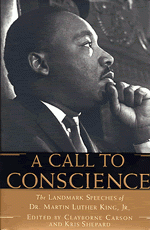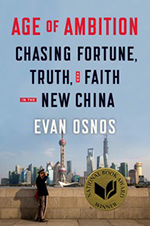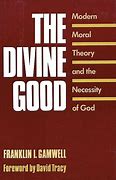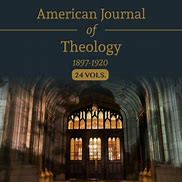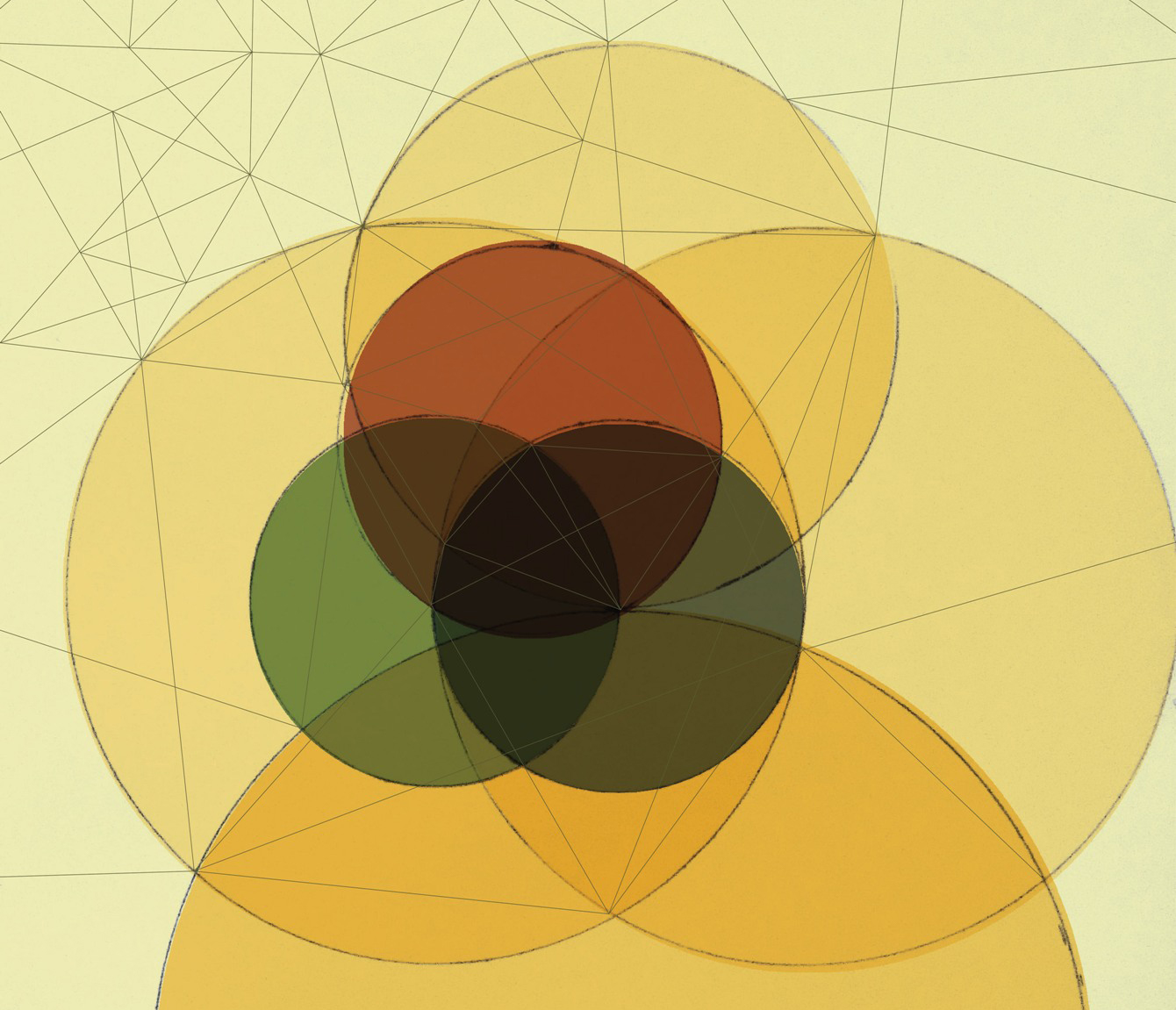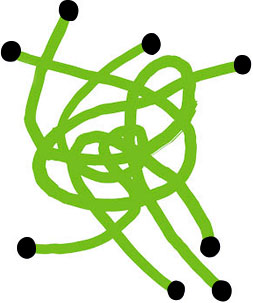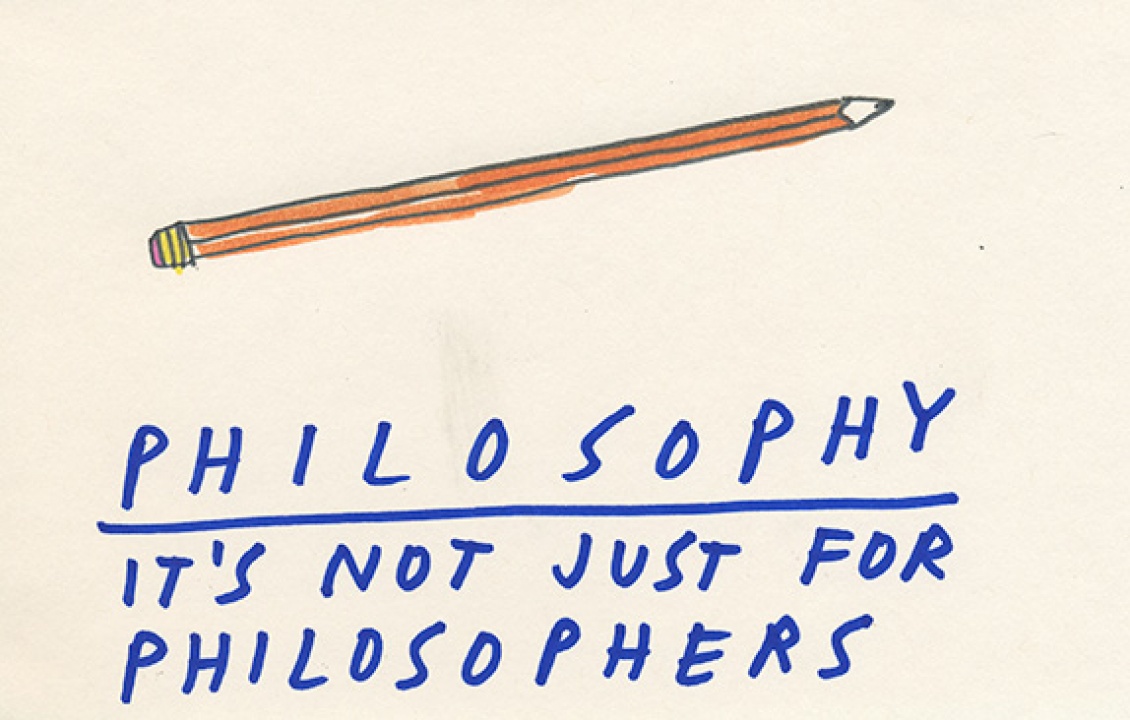← Return to Seizing an Alternative | Section II
Track 4: Whitehead’s Value Theory and Ethics
This track will discuss Whiteheadian contributions to an alternative value and moral theory, and how a Whiteheadian vision, along with other alternative visions, can encourage technological and moral guidance toward ecological civilization.
Track Heads

Theodore Walker
Associate Professor of Ethics and Society, Perkins School of Theology
Theodore Walker Jr. is Associate Professor of Ethics and Society at the Perkins School of Theology at Southern Methodist University in Dallas, Texas. His appointment at Perkins was preceded by one year of service to Bethune-Cookman College in Daytona Beach, Florida, and three years service to Hood Theological Seminary in Salisbury, North Carolina. He holds a B.A. in Political Science from the University of North Carolina at Chapel Hill, and a PhD in Theological Inquiry from the University of Notre Dame, Notre Dame, Indiana. He is author of Empower the People: Social Ethics for the African-American Church (Maryknoll, NY: Orbis Books, 1991); and of Mothership Connections: A Black Atlantic Synthesis of Neoclassical Metaphysics and Black Theology (Albany, NY: State University of New York Press, 2004); and co-editor with Mihály Tóth (a Hungarian process philosopher) of Whiteheadian Ethics: Abstracts and Papers From the Ethics Section of the Philosophy Group at the 6th International Whitehead Conference At the University of Salzburg, July 2006 (Cambridge, England: Cambridge Scholars Publishing, 2008). He contributes to and serves on the International Advisory Board for the journal Process Studies; and he contributes to and serves as a Guest Editor for the Journal of Cosmology (see volumes 3, 6, 16, 19, 20, and 22).
Suggested Resources
Links to Section-related books and media for pre-conference preparation include:

